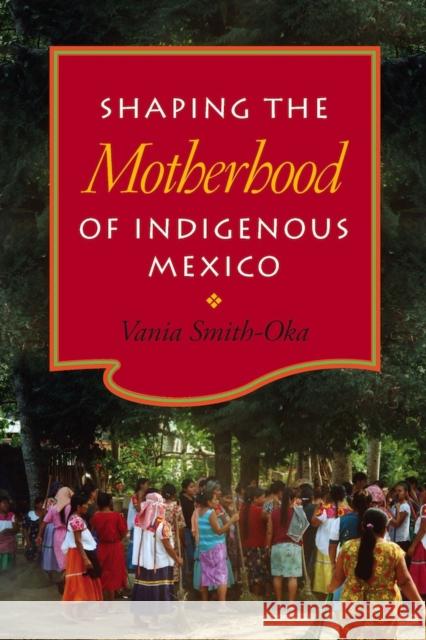Shaping the Motherhood of Indigenous Mexico » książka
Shaping the Motherhood of Indigenous Mexico
ISBN-13: 9780826519177 / Angielski / Twarda / 2013 / 264 str.
Shaping the Motherhood of Indigenous Mexico
ISBN-13: 9780826519177 / Angielski / Twarda / 2013 / 264 str.
(netto: 519,54 VAT: 5%)
Najniższa cena z 30 dni: 463,24
ok. 16-18 dni roboczych.
Darmowa dostawa!
Mainstream Mexican views of indigenous women center on them as problematic mothers, and development programs have included the goal of helping these women become -good mothers.- Economic incentives and conditional cash transfers are the vehicles for achieving this goal. With ethnographic immediacy, Shaping the Motherhood of Indigenous Mexico examines the dynamics among the various players--indigenous mothers, clinicians, and representatives of development programs. The women's voices lead the reader to understand the structures of dependency that paradoxically bind indigenous women within a program that calls for their empowerment.The cash transfer program is Oportunidades, which enrolls more than a fifth of Mexico's population. It expects mothers to become involved in their children's lives at three nodes--health, nutrition, and education. If women do not comply with the standards of modern motherhood, they are dropped from the program and lose the bi-monthly cash payments. Smith-Oka explores the everyday implementation of the program and its unintended consequences. The mothers are often berated by clinicians for having too many children (Smith-Oka provides background on the history of eugenics and population control in Mexico) and for other examples of their -backward- ways. An entire chapter focuses on the humor indigenous women use to cope with disrespectful comments. Ironically, this form of resistance allows the women to accept the situation that controls their behavior.











